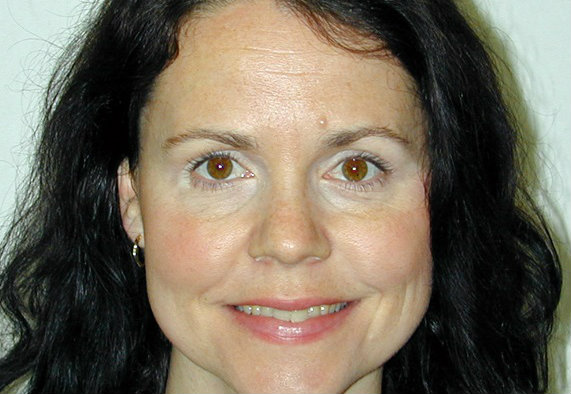Funding awarded to improve barley crops
Published On Wed 10 Jan 2018 by Grant Hill

A University of Dundee academic has been awarded more than £600,000 to study an increasing problem with the cereal crop barley that impacts the commercially important malting process and the shelf-life of animal feed.
Dr Sarah McKim, a School of Life Sciences researcher based at the James Hutton Institute, was awarded a BBSRC research grant to investigate the unfavourable trait, called ‘skinning’, and to develop tools to track it in breeding populations.
Dr McKim said, “Skinning occurs when the barley grain husk does not completely adhere, or ‘stick’, to the barley grain. This is a problem during malting, where barley grain is processed for brewing and distilling, as skinned barley performs badly and cannot be used.
“Skinning also reduces the amount of time that the barley grain can be safely stored. While we know that husks stick due to a sticky layer on the grain surface, we know very little about its chemical nature or how it is made. However, our preliminary data suggests that changes in the surface wax production are key.”
Dr McKim and her colleague Dr Chiara Campoli will study the waxy surfaces called cuticles on barley grain and how these vary in lines that show different degrees of skinning. They aim to identify the genes responsible for altered wax production associated with skinning and how they vary in different cultivated barley varieties.
The work will take place in collaboration with Professor Robbie Waugh, who is a co-investigator on the grant, and with researchers in the James Hutton Institute. The project has full support from the International Barley Hub, an initiative seeking to create a unique, integrated, open platform for the translation of barley research into economic, social, environmental and commercial impacts for the breeding, farming, malting, brewing, feed, food, health and related industries.
In addition to the scientific research, Dr McKim’s interdisciplinary project includes working with Dr Sarah Cook from Duncan of Jordanstone College of Art & Design. Dr Cook, who curates the programme at Dundee’s LifeSpace Science Art Research Gallery, will commission a visual artist to work with the researchers. They will use image data generated by the project to create works that explore the scales and surfaces of plant cuticles.
For media enquiries contact:
Grant Hill
Press Officer
University of Dundee
Nethergate, Dundee, DD1 4HN
Tel: +44 (0)1382 384768
Mobile: 07854 953277
Email: g.hill@dundee.ac.uk